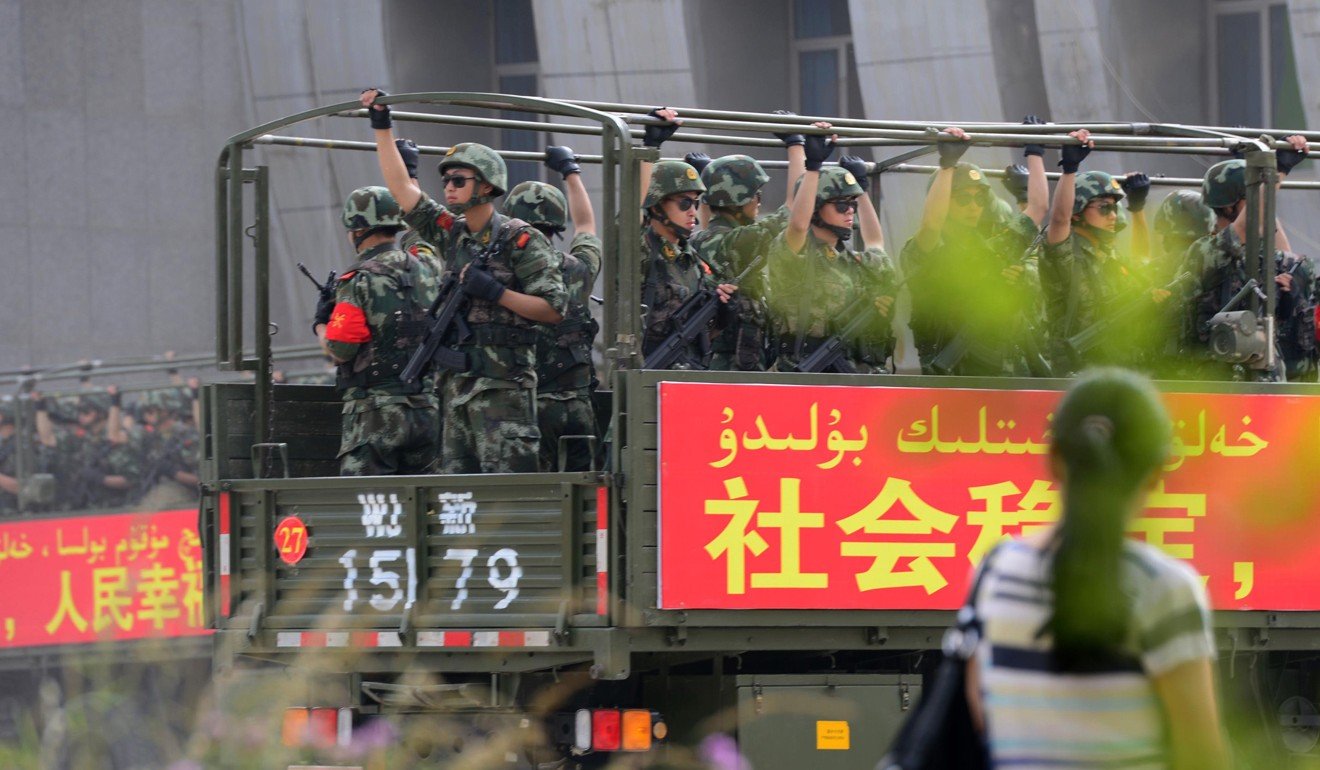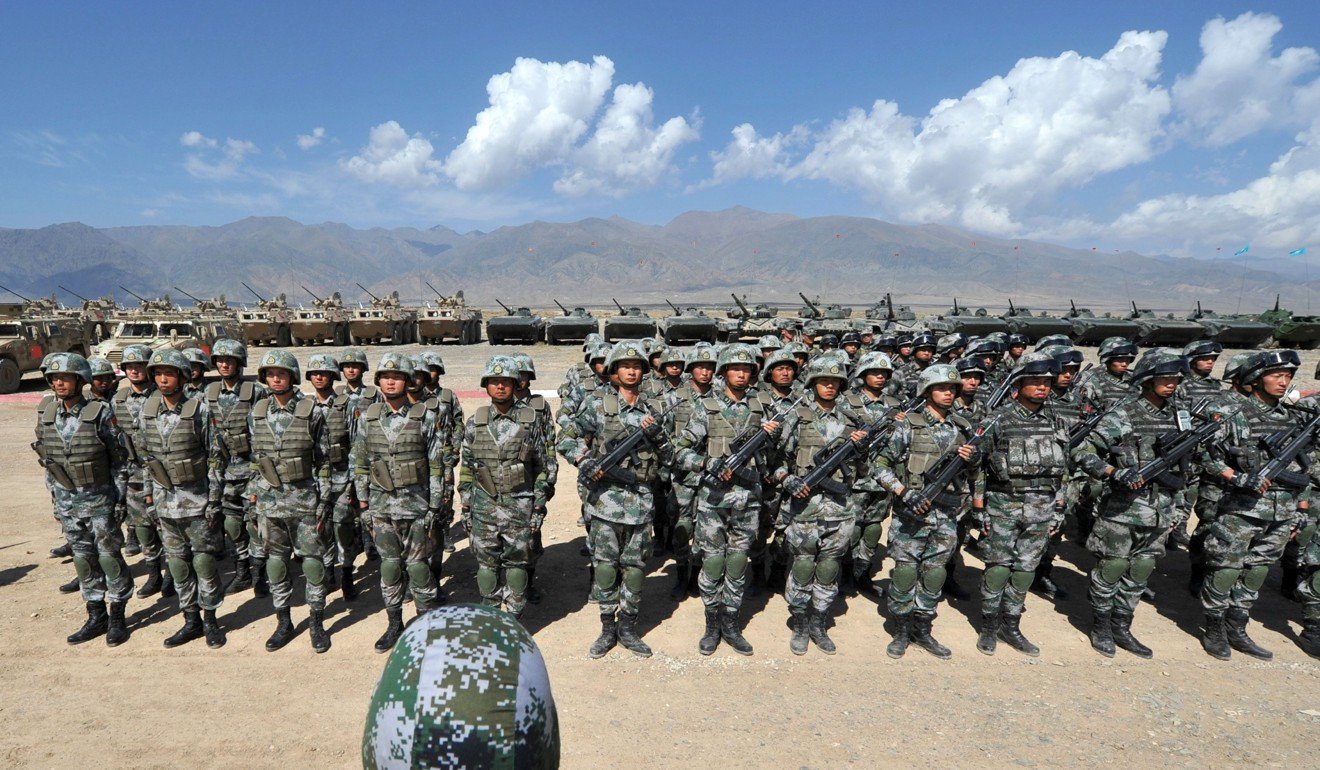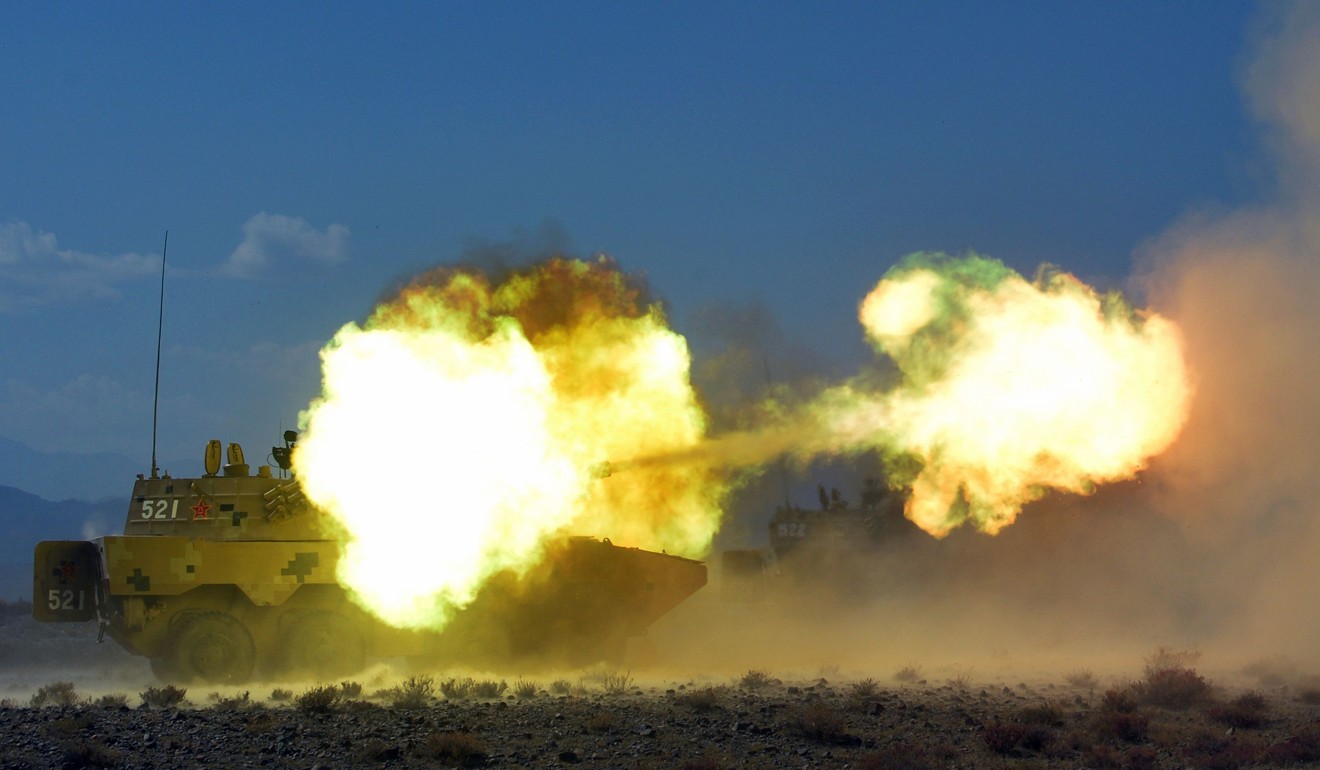Rashid Alimov, secretary general of the China-Russia led Shanghai Cooperation Organisation (SCO), said: “We don’t divide terrorists in terms of their nationalities, their geographical adherence or religion. Because terrorism does not have any of that.
"It does not matter what terrorists claim to do or the highest purpose they claim to serve to justify terrorism. Because every terrorist's goal is to kill. It's number one goal is to kill peaceful people."
Alimov, a former foreign minister of Tajikistan – one of eight member countries of SCO – was responding to global criticism of China’s forceful, systematic detention and enforced political education of up to one million ethnic Uygurs and other Muslims.
China has called these camps “vocational training centres” to “educate and transform” people influenced by extremism.
“If you look at all terrorists attacks, they occur at peaceful places … How can it be connected to terrorists’ religion, city, region? It has nothing to do with it. Therefore we will continue to decisively work towards taking the root out of the terrorist, and it is evil,” Alimov said.
He did not elaborate on methods of taking the “root” out.
The SCO was set up in 2001 to fight the “three evil forces” of terrorism, separatism and extremism.
Beijing has blamed these “forces” for the sporadic violence in its northwestern Xinjiang region, relating them to ethnic nationalism and radical Islam that promotes separatism.

Xinjiang is home to more than 10 million Uygurs, a Turkic minority with stronger cultural links to Central Asia than to the rest of China, which is dominated by the Han ethnic majority.
The stability of Xinjiang is of political and economic interest to a majority of SCO member countries which border the region. These include Russia, Kazakhstan, Kyrgyzstan, Tajikistan, Pakistan, India, and observer country Mongolia.
Ethnic Kazakhs and Kyrgyzs, or nationals from these countries, have been reportedly detained or missing in Xinjiang and in May this year Kazakhstan’s foreign ministry formally raised the issue during a bilateral meeting with China, requesting “an objective and fair review of affairs and the release of those ethnic Kazakhs detained in China who have dual citizenship.”

Alimov said China’s contributions to the fight against international terrorism were “big and rational” and that all member countries had praised China’s work during its rotating chairmanship which ended this year.
The SCO, which evolved from the “Shanghai Five” has expanded its original mission to resolve border disputes among China, Kazakhstan, Kyrgyzstan, Russia and Tajikistan.
Today its wide-ranging goals include economic cooperation, cultural exchanges, and security. It has been dubbed the Eastern version of the transatlantic security alliance formed in the West against the Soviet Union during the cold war.

Since its inception, the organisation has repeatedly stressed that it has no intention to become a military bloc.
“Yes we conduct drills, but they are of an anti-terrorist character. These drills are not directed at any country, any organisation or anyone,” Alimov said.
India and Pakistan, long-time regional rivals, officially joined China, Russia, Kazakhstan, Kyrgyzstan, Tajikistan and Uzbekistan as full members of the organisation this year.
The group currently has four observer countries: Mongolia, Iran, Afghanistan and Belarus; and six dialogue partners: Turkey, Sri Lanka, Nepal, Cambodia, Azerbaijan and Armenia.
No comments:
Post a Comment